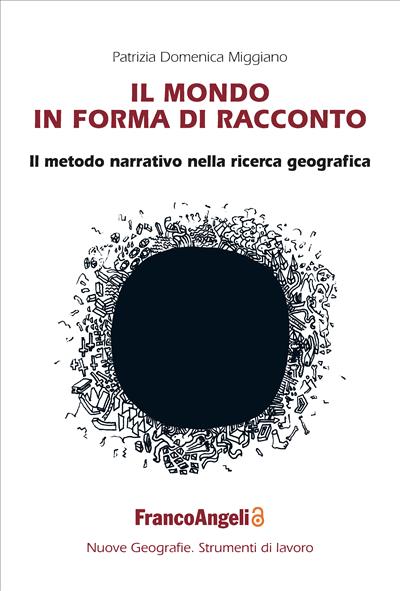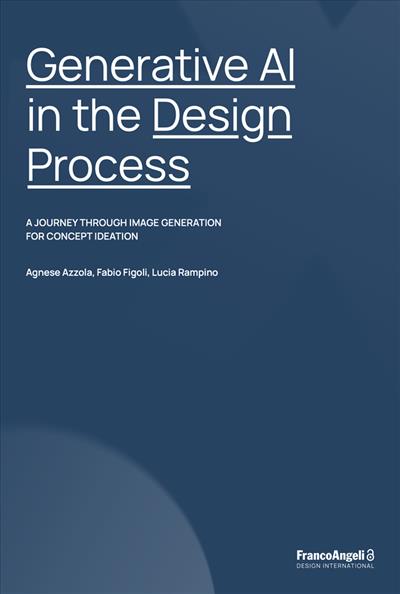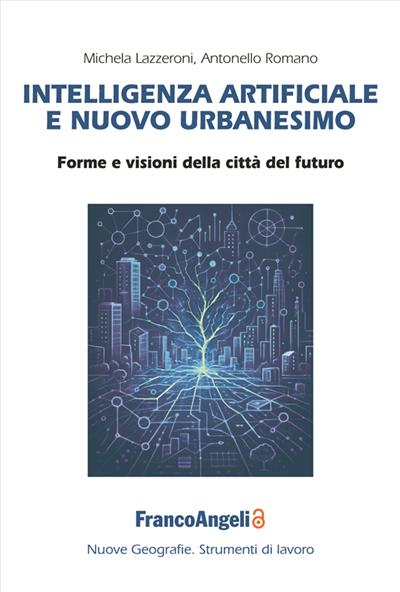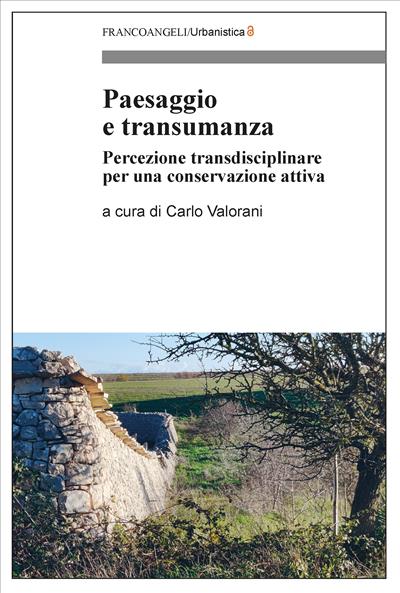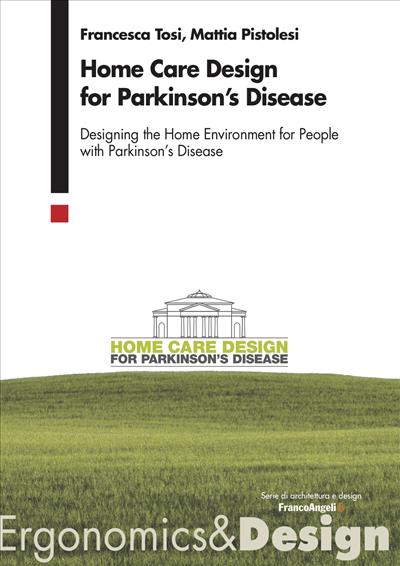
Francesca Tosi, Mattia Pistolesi
Home Care Design for Parkinson's Disease
Designing the Home Environment for People with Parkinson's Disease
This volume collects the results of the research programme Home Care Design for Parkinson’s Disease, aimed at defining good design practices to enhance the autonomy and quality of life of people with Parkinson’s disease within the home environment. The project approach is based on the principles of Design for Inclusion and on the theoretical and methodological approach of Human-Centred Design which have made it possible to focus attention on the specific needs and expectations of people with Parkinson’s disease and their families and to define the different design solutions.
Pagine: 346
ISBN: 9788835143635
Edizione:1a edizione 2022
Codice editore: 10085.11
Informazioni sugli open access
